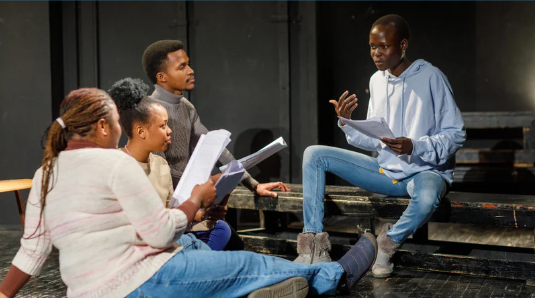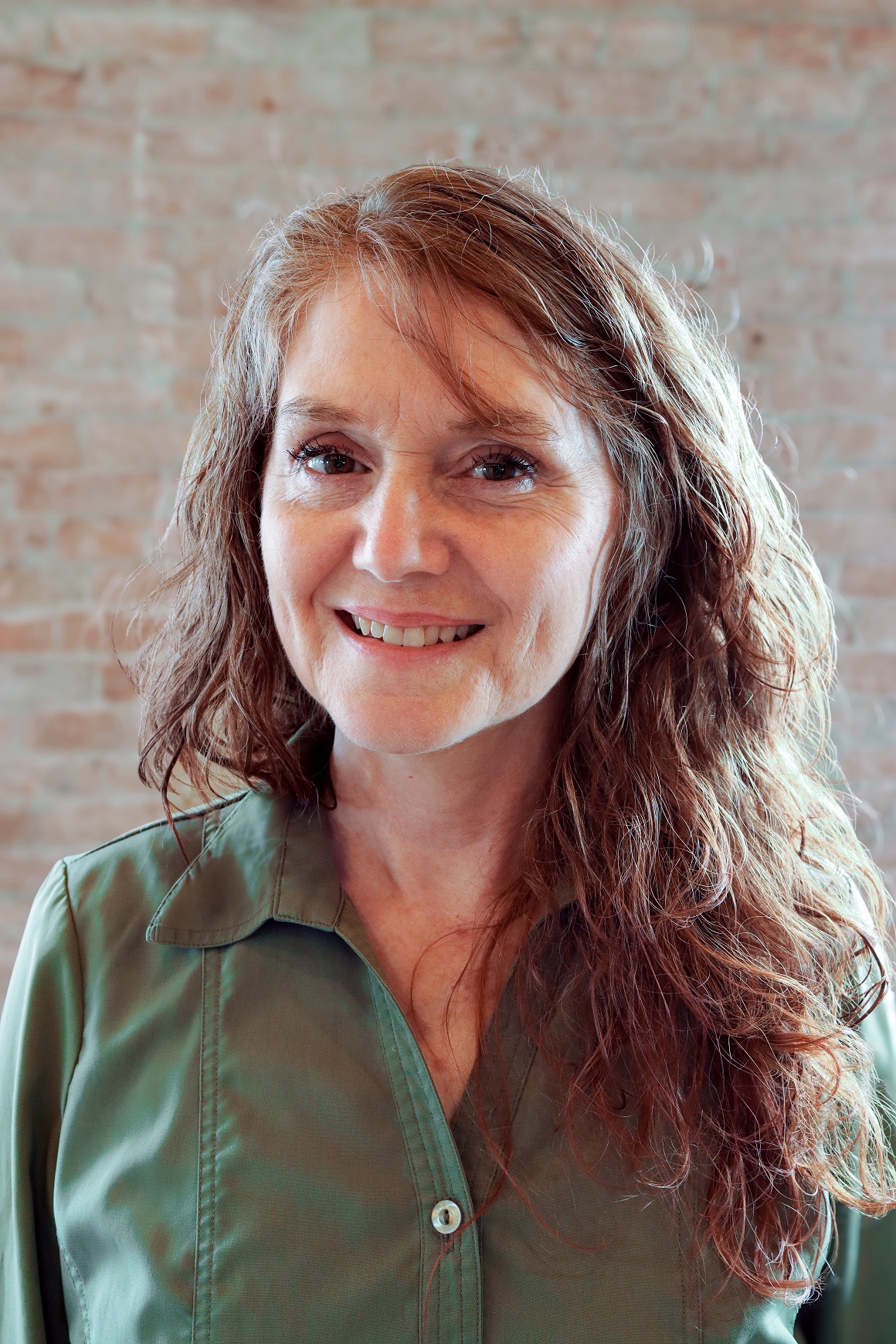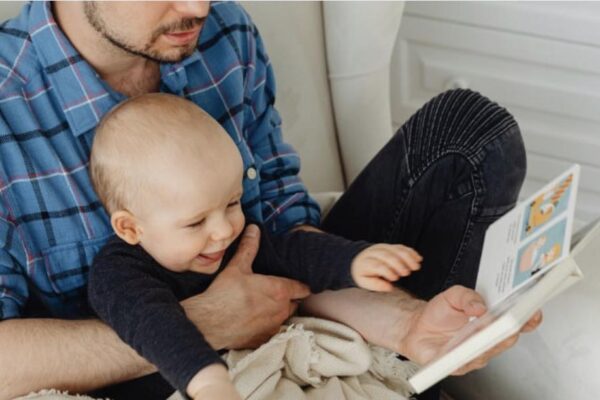
Today’s article is courtesy of Rebecca Burnham of Summit Stages. You can learn more about this innovative organization by clicking here.
One of the things I find most challenging about building beloved community through musical theatre is the apparent conflict that inevitably arises between the interests of the show and the needs of the individual.
I don’t think it’s possible to put on a play that builds community unless you are intentional about prioritizing the people over the product. For example, if the product were the primary goal, auditions would be extremely competitive and only the very best actors would get cast. But if you’re building community, you’re going to give some parts to people who didn’t really shine in auditions but you know they need to be there and they have growth potential. You’re going to take a chance on actors from marginalized backgrounds who need extra, offstage support. You might put an exceptionally talented actor in a supportive role, where they can be an anchor for the entire cast. And then, when the crunch is on and a member of the cast is struggling in a way that may compromise your production, you are going to wonder if it’s time to prioritize the production over a specific individual.
This happened to me recently and I made the wrong decision. Grace got in the way before I could act, then I got another opportunity to choose better. And the results were beautiful. I want to tell you about it and what I’ve learned.
There Is a Way to Meet Everybody’s Needs
Among the community-building decisions we made when we cast Fiddler on the Roof was to include in our ensemble an AuDHD boy who is a newcomer to the stage. It was obvious in auditions that this was important to him, and it was equally apparent that he would need a little extra help to succeed. We put him in a role that we thought would come almost naturally to him, and we expected we’d be able to give him the extra help he needed. But we didn’t realize how big of a task we’d signed up for.
It wasn’t just his needs that were greater than we’d anticipated. So were the demands of this particular play, which is 1.5 times as long as a standard 2-hour show. Neither my co-director nor I were super familiar with the play (we’d signed onto the job with the understanding that we were doing a different show). The musical tracks provided by the licensor did not match any of the Broadway soundtracks, and we had to create our own rehearsal tracks in order to figure out choreography. We were working as hard as we could just to map choreography and pre-block the scenes before rehearsals, and then to smooth out the glitches during our run-throughs. There was so much going on with our cast of 51 that we just did not find time to work one-on-one with the boy in the ensemble that we’d known would need extra help. We saw some silliness onstage and heard reports about impulsive behavior offstage that needed to be managed. But we had some exceptional actors who were helping out with the offstage behaviors, so we directed the boy to tone down the onstage behavior and thought we had it covered.
Halfway through our run, it became evident that the problem was getting worse instead of better. We’d gotten to the point that we were worried about being able to provide a safe environment for our actors and the equipment, and we were at our wits’ end. My co-director and I held a quick consultation. We’d tried talking to him multiple times. So had the actress working directly with him. Obviously, it wasn’t connecting. We decided that for the sake of the show and the rest of our cast, he needed a firm talking to, some actual modeling of exactly what we needed from him, and an ultimatum to straighten up or withdraw from the production. We went to take him aside, but we couldn’t find him. He’d already left the building.
It was maybe twenty minutes later when I got a text from his mom, asking for help to recover an item he’d forgotten at the theatre. It suddenly came to me that I should tell her about the struggle we were having and ask for her ideas. She understood exactly what I was concerned about. She explained what was going on in terms of her son’s development and his meds. Then she offered to come backstage and run him through some breathing and grounding exercises that could help him cope. She even taught those exercises to the adult actress who works most closely with him so she could provide that support when the mom wasn’t able to be there.
Our next performance was almost flawless. I was so proud of the entire cast and crew, and especially of the boy who was now performing his part just like we’d envisioned it and honoring the space that other actors needed. And I was so, so grateful that we’d been forestalled from giving him the talking-to that would not have fixed the problem, but would have more likely ruined his experience and undermined his relationship with theatre.
Here are my takeaways:
- I believe the economy of heaven is win-win. I believe it’s a myth that sometimes the individual has to be sacrificed in the interest of the production or the community. I believe that if we keep digging, we will be led to a solution that meets the needs of both. I want to clarify that sometimes, that solution may ask a lot of the individual and/or of the community, and achieving it will depend on everybody’s willingness. But if we’re all willing, we can find a way to meet everybody’s needs.
- If we can’t find a way to meet everybody’s needs, it’s time to broaden the collaborative circle. There is somebody out there with exactly the expertise or insight we need. So, instead of sacrificing the individual or the community, I’m going to trust heaven to help me find them.
- Next time, I plan to have a member of the production whose whole job is to identify individual needs and care for the community offstage. Stage directors can do a lot to impact cast culture, but they have too much on their plate to give due attention to the specific needs of the individuals and the community. So, if the driving purpose of my work in musical theatre is to build beloved community, I need a community director who can give their full attention to that.
Summit Stages aims to build a kinder, brighter world… one musical at a time. We’re going to do this in a way that thoroughly entertains and provides funds for our creators to achieve their dreams. But we aren’t all about the money or the entertainment. We’re about impacting lives and communities for good.





Leave a Reply